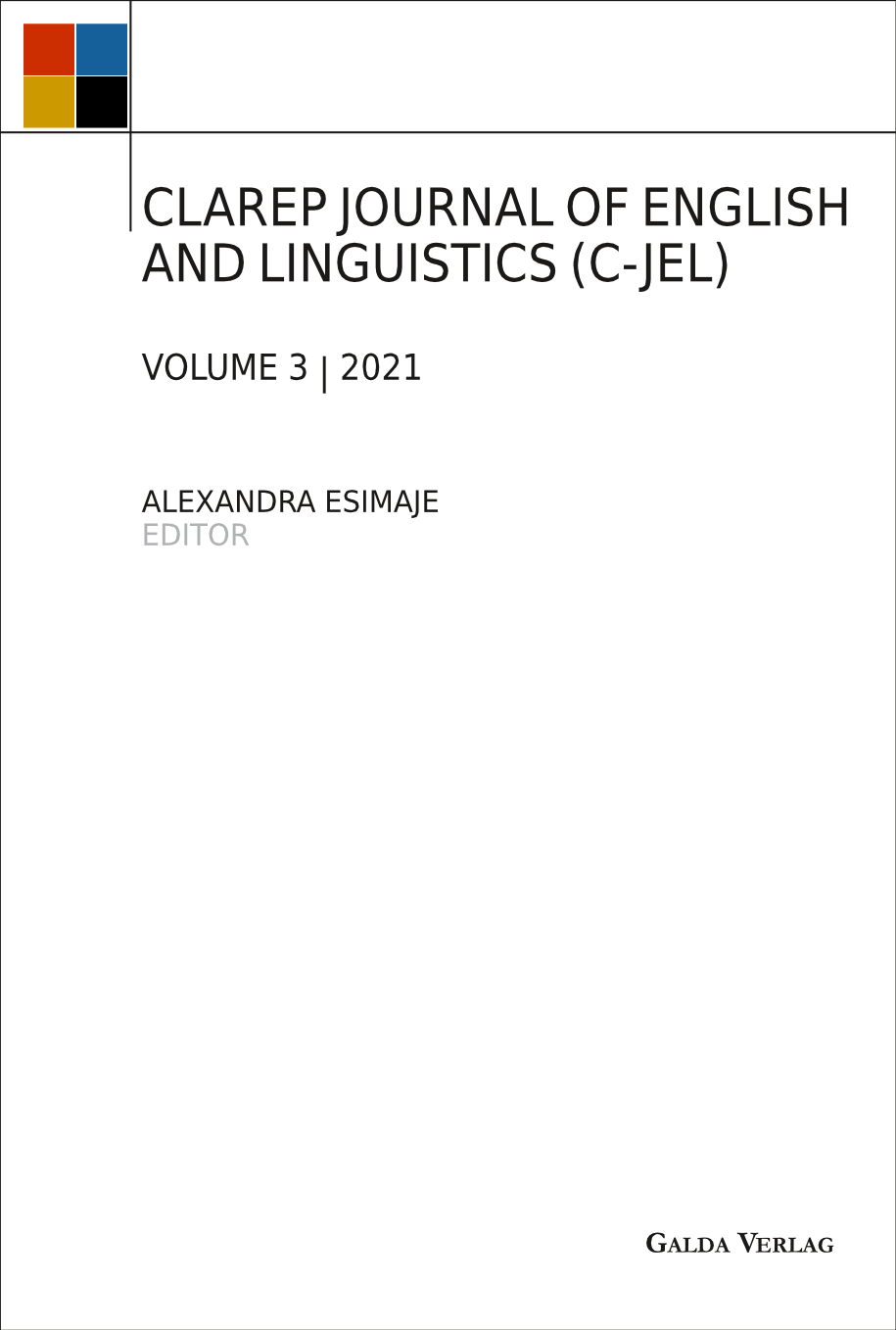The Changing Patterns of English Spelling in Cameroon Social Media
CLAREP Journal of English and Linguistics (C-JEL)
Author: Camilla Arundie Tabe & Peniel Zaazra Nouhou
Institution: University of Maroua, Cameroon
Email: arundietabe@gmail.com; nouhoupeniel@gmail.com
Abstract
Globalisation, which is facilitated by technological development, has led to an increasing proportion of informal communication on social media platforms. The growing interactions on these platforms have led to tremendous changes in the way English is written. The aim of this study is to investigate the changing forms of English spelling on e-messages on Facebook (FBK), Messenger (MSG) and WhatsApp (WHAP) chats by Cameroonians. The paper identifies and describes the different spellings for specific words or abbreviations and their frequencies in the corpora. The researchers explore the patterns of spelling that are atypical in English. Insights are drawn from Crystal (2006) and Thurlow (2006) who put forth views on language alterations in the context of the internet. Data for the study consists of a convenient sample of 300 e-messages from Facebook (50), Messenger (100) and WhatsApp (150). Findings show that many Cameroonians use innovative spellings on social media. They use a variety of casual and regional spellings that reflect their illocutionary force, intention and identity. It was established that globalisation and social media have intensified changes in English spelling, and it is a positive growth in the English language as a whole.
Keywords
Globalisation, English spelling, Social Media, E-messages, Facebook, Messenger, WhatsApp.
Pages: 21-45
ISSN: 2698-654-X
ISBN: 978-3-96203-205-0 (Print)
ISBN: 978-3-96203-206-7 (PDF)
DOI: https://doi.org/10.56907/g3fby37h

